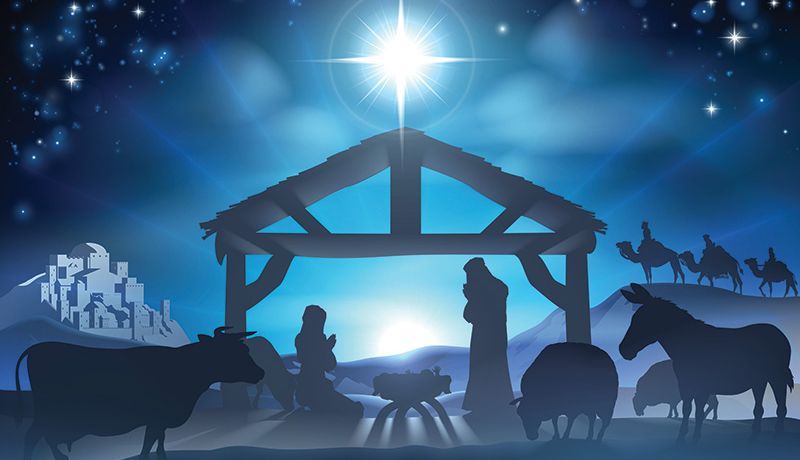The story of Jesus' birth, as narrated in the Gospels, unfolds in a humble setting marked by simplicity and scarcity. The phrase "no room at the inn" has become emblematic of the circumstances surrounding this momentous event.
Let's delve into the significance of this humble setting, exploring the themes of humility, divine purpose, and the unexpected nature of the Messiah's arrival.
- Journey to Bethlehem: Mary and Joseph, in compliance with a census decree, travel to Bethlehem, the city of David. This journey sets the stage for the unfolding narrative, emphasizing the fulfillment of Messianic prophecies.
- A Humble Stable: Arriving in Bethlehem, Mary and Joseph find no available lodging. Instead, they seek refuge in a stable or a manger, a setting typically associated with animals rather than human births.
- The Humility of Jesus' Birthplace: The choice of a stable for Jesus' birth serves as a powerful symbol of humility. The Son of God, expected by many to arrive in regal splendor, enters the world in a place associated with simplicity and modesty.
- Fulfillment of Prophecy: The humble setting aligns with prophetic expectations regarding the Messiah's origins. The prophecy in Micah 5:2 specifically identifies Bethlehem as the birthplace of the anticipated ruler.
- Shepherds as Witnesses: The announcement of Jesus' birth comes not to kings or rulers but to shepherds in the fields. This further emphasizes the theme of humility and signals the inclusive nature of the gospel message.
- The Unexpected Messiah: Jesus' birth challenges conventional expectations of a triumphant and powerful Messiah. His arrival in obscurity reflects a divine plan that transcends human understanding, emphasizing spiritual rather than earthly kingship.
- Symbolism of the Manger: The manger, or feeding trough, where Jesus is laid, becomes a symbol of nourishment. This imagery foreshadows Jesus as the spiritual sustenance for humanity, echoing themes of shepherds and the Bread of Life.
- Mary's Reflections: The Gospel of Luke provides insights into Mary's reflections on the events surrounding Jesus' birth. Her contemplation of these humble circumstances adds depth to the narrative, emphasizing the mystery and divine purpose in play.
- Continued Reverence: The humble setting of Jesus' birth continues to evoke reverence and contemplation. Nativity scenes, carols, and artistic representations perpetuate the enduring significance of this modest beginning.
The narrative of "no room at the inn" encapsulates profound themes of humility, divine purpose, and the unexpected nature of Jesus' birth. The humble setting becomes a poignant backdrop for the unfolding of God's redemptive plan, inviting contemplation on the spiritual significance of the Messiah's arrival in the humblest of circumstances.




